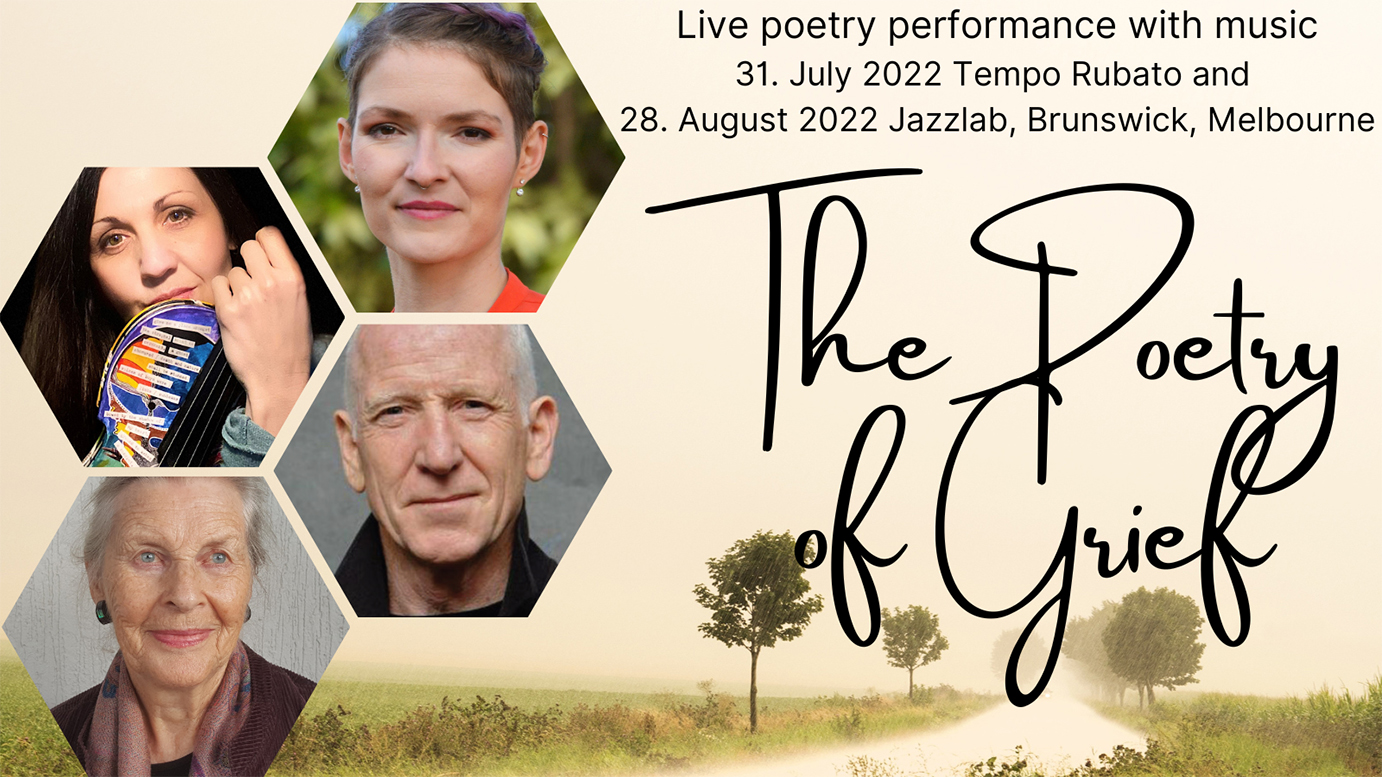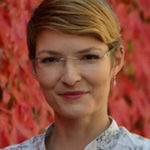
Written by Dr Katrin Gerber, Research Psychologist at the National Ageing Research Institute and Dr Lidia Engel, Health Economist at Monash University.
Older adults are more likely to experience repeated bereavement than any other age group. That alone should put them at the centre of bereavement support services. But in society and in healthcare, the assumption exists that older people are well prepared to cope with grief simply because they have encountered so many losses. The Melbourne Ageing Research Collaboration, which is led by the National Ageing Research Institute, recently completed a nationwide study on grief in people over the age of 65. We wanted to capture how grief affects older adults’ health and wellbeing and whether they are seeking help through the healthcare system after a bereavement.
We surveyed 633 older adults across the country and conducted in-depth interviews with 18 older people who had experienced the death of an important person in their lives at least six months ago. This research found that 21% met the criteria for prolonged grief disorder, a clinical diagnosis used when symptoms of grief are so intense and impairing that they impact a person’s ability to function for more than 6-12 months after a loss[1][2]. This affects normally around 10% of people after a bereavement[3]. So, our research showed that older people seemed to struggle a lot more with their grief than expected. Our interviews showed that many had experienced multiple deaths of close family members and friends and this accumulation of losses could cause a bereavement overload. Their struggle with grief negatively affected their wellbeing as bereaved older adults had significantly lower quality of life and higher levels of loneliness than older adults in the general public. Yet only 14% had spoken to their GP about their loss and even fewer were seeing a mental health specialist.
In 15 in-depth interviews with GPs and practice nurses across Australia, we found that many clinicians did not know about prolonged grief disorder and how to differentiate grief from depression. Interviews also showed that older people often presented with physical symptoms that at first glance did not appear to be directly related to grief like changes in appetite, sleeping problems, pain or consequences of increased substance use. This made it more challenging for clinicians to identify the underlying grief. We are now offering training for clinicians who want to know more about grief in older people. Especially GPs and nurses who are often gatekeepers to the healthcare system and play an essential role in directing bereaved patients to the right support services.
Finally, to draw attention to the support needs of bereaved older adults and encourage early help-seeking, we developed research poems from interview transcripts and recorded them with participants and volunteers. These are presented as part of our digital exhibition and will also be performed live with instrumental music in Melbourne. Using creative methods to open a dialogue about taboos like ageism, grief and mental health may help older people feel less isolated after a significant loss.
We hope that our research in this area will contribute to practical, clinical and policy frameworks of what can be done to support older adults to cope with their grief.
References:
- World Health Organisation. International Classification of Diseases ICD-11: Prolonged Grief Disorder, https://icd.who.int/browse11/l-m/en#/http://id.who.int/icd/entity/1183832314 (2019).
- American Psychiatric Association. Prolonged Grief Disorder, https://www.psychiatry.org/patients-families/prolonged-grief-disorder (2022).
- Lundorff M, Holmgren H, Zachariae R, Farver-Vestergaard I, & O’Connor M. 2017. Prevalence of prolonged grief disorder in adult bereavement: A systematic review and meta-analysis. Journal of affective disorders, 212, 138-149.



